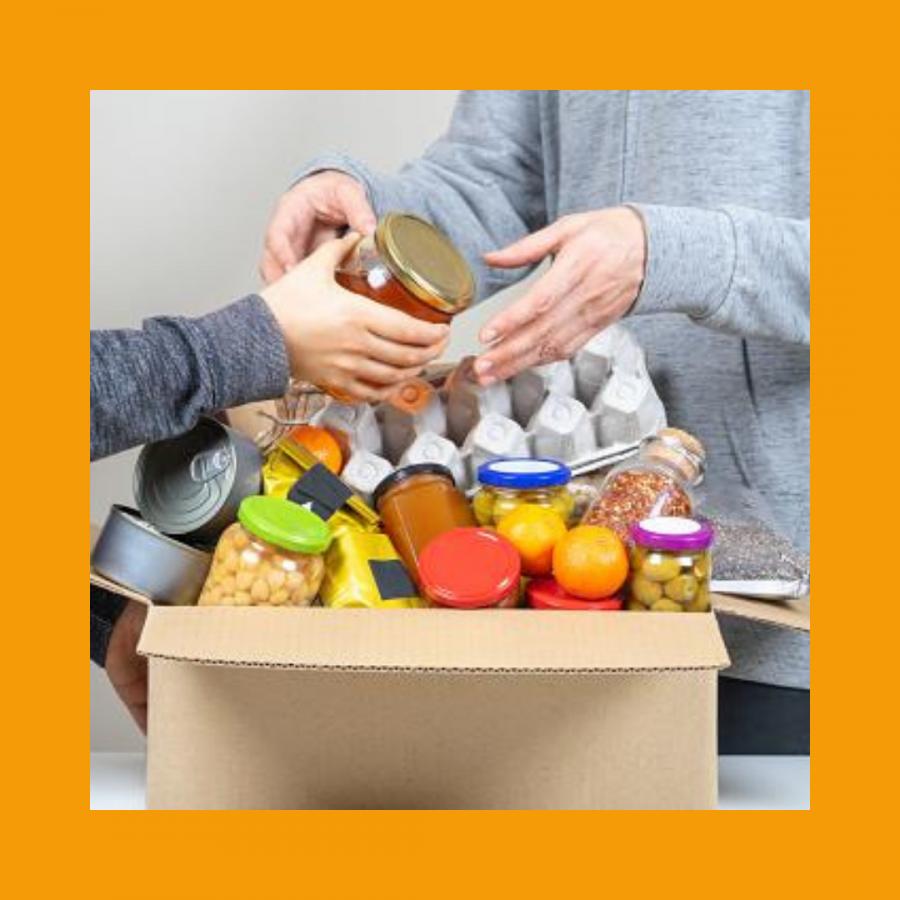
As the cost of living crisis continues to bite, many food banks and poverty support charities are struggling to cope with increasing demand, and many people are looking for ways they can help out. While each food bank is different, and it’s always worth getting in touch to see if there’s anything they are particularly low on, there are a few types of items that most food banks can always use more of. Generally, you don’t want to donate anything frozen or with a very short shelf-life, though some food banks also run soup kitchens serving hot food, so they may be able to take some of these items but it’s best to check in advance.
Here are a few of the best ways you can help out your local food bank this winter.
Cereals, grains, dried pasta and rice are good staples for any cupboard and as such are in high demand at almost all food banks.
Spam or canned ham, as well as tuna, sardines and pilchards, are a great source of protein and will keep for plenty of time on a foodbank shelf. As fresh meat and fish is unlikely to keep for very long, tinned products like this make a practical alternative for many food bank users.
Fresh fruit is best if a little underripe as it will keep longer without refrigeration. For vegetables, slightly longer shelf-life “hard” vegetables like carrots, potatoes and squashes are best.
Often overlooked, cooking oils, salt, pepper, condiments and spices can add loads of flavour to the most basic of meals and most of them will keep for quite a while, so it’s always worth adding a few of these to your donation.
As temperatures begin to fall and energy prices continue to rise, up to 7 million people are expected to struggle to keep their homes warm this winter, and for those living on the streets, cold temperatures can be life-threatening. Because of this, in addition to setting up ‘warm banks’ where people can go to warm up this winter, many food banks and community groups are asking for warm clothes donations, particularly in children’s sizes.
Hats, scarves, gloves, thermal underlayers, and socks are always in high demand, but there are many other things you can donate to help people keep warm. This includes earmuffs, blankets, waterproofs, even old sleeping bags, rugs and draught excluders can be used to help people insulate their living spaces.
These items are among some of the most important because of the ongoing price gouging in the energy markets, so anything you can give to help people keep warm will be greatly appreciated by your local organisations.
Toiletries, sanitary products and cleaning supplies have, in many cases, risen in price faster even than food, so many food banks are asking for these items alongside traditional food products. Detergent, surface cleaning sprays and toothpaste are often needed, as well as disposables like cloths, sponges, sanitary items, kitchen and toilet rolls etc. These can help people in poverty to protect their health, which can often suffer for those in difficult circumstances.
If you want to get even more involved, most food banks are looking for volunteers to help support them in various ways. From spending an hour a week at the food bank to collecting and dropping off donations, to helping spread the word, almost every food bank in the country will be looking for volunteers so get in touch and ask what they most need help with.
If you don’t have a lot of time to give, food banks are often struggling for funding and even a small monthly donation can make a huge difference in paying for things like rent, power, and fuel costs, so they’ll be more than grateful for any help you can give. Many food banks allow you to donate through their website, and most will accept cash donations on-site as well as goods.
While individually, we can all do a little to help those who are struggling, when a few of us work together, we can make a real difference. You could try organising a monthly - or even weekly -collection in your office, or getting your neighbours involved. Many people are looking for more ways to help out, and your suggestion of working together could be the little push they need to get going.
Back